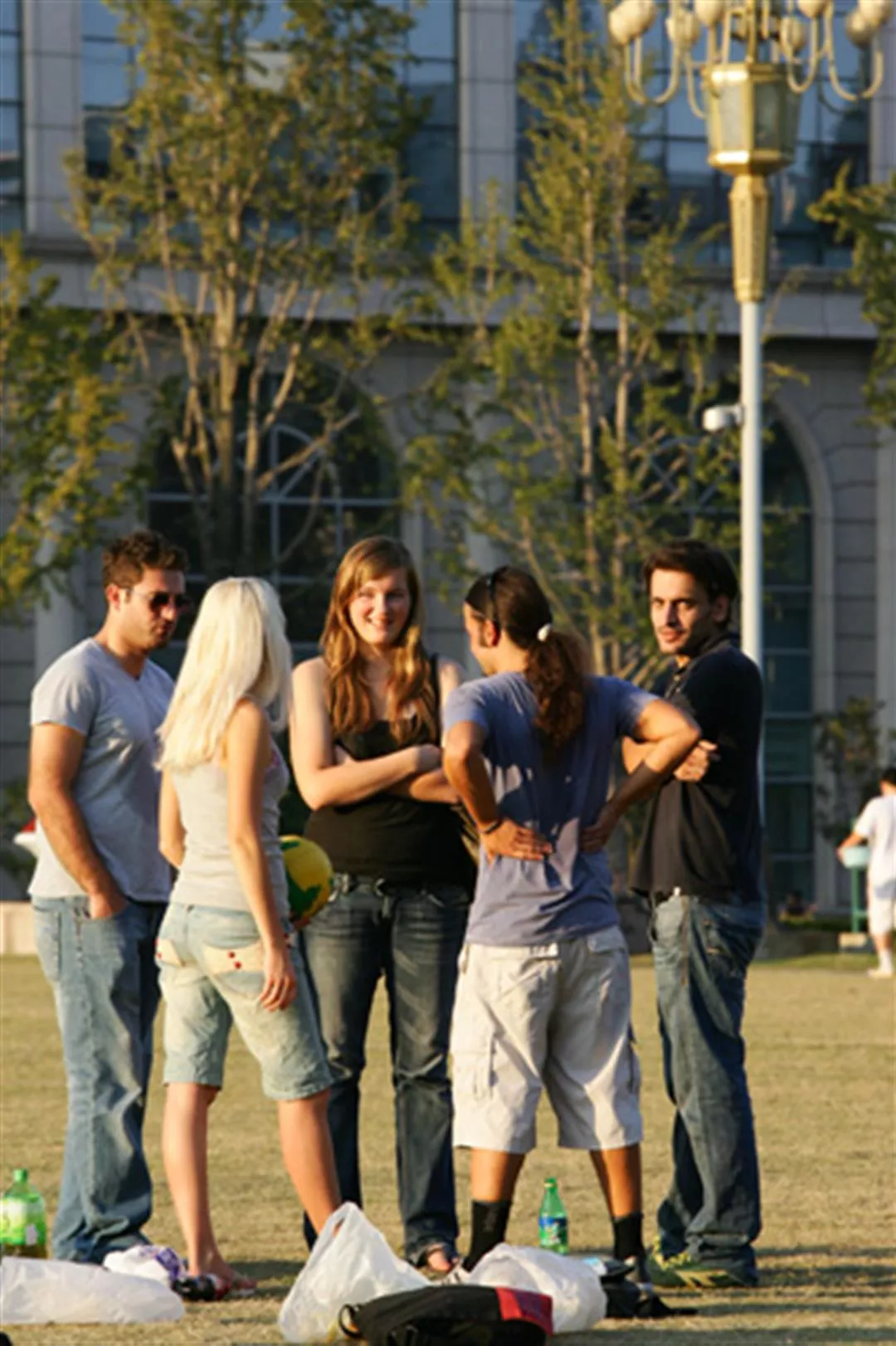Talent flows
Why are so many Taiwanese academics leaving? The answer is related to globalization and to the “plate tectonics” of political and economic trends.
An old saying has it that “people strive to advance themselves.” If you look at the history of talent flows, they show people going where their talents are appreciated. In a study on the talent recruitment policies of major nations, Chen Shin-horng, director of the Second Research Division of the Chung-Hua Institution for Economic Research, noted that after World War II the intellectual elites of the war-ravaged European mainland moved to the politically stable, economically booming US, where they contributed to the breakthroughs in pure research that emerged from government and university labs.
In the 1990s, European higher education, industrial economics, and technological R&D caught up with those of the US and its intellectual elites have since been more inclined to pursue their careers at home. Over that period, the rapid expansion of higher educational opportunities in Taiwan, South Korea, India, and mainland China turned them into replacement sources of international-class talent.
Since 2000, there’s been a radical change in the factors influencing the flows of technical personnel. First, the US has become much more stringent about issuing visas since the September 11 terrorist attacks. Second, the low birthrates and aging populations of the developed economies of Japan and Singapore have compelled them to adopt more liberal immigration policies to expand their talent pools.
The period has also seen the rise of the Chinese and Indian economies, increasing their domestic demand for talent and prompting them to implement policies to attract personnel from abroad. For example, in 2008 the mainland inaugurated a “global expert” recruitment program aimed at bringing 2,000 foreign experts into institutions of higher learning, key labs, and state-owned enterprises over a five to 10 year period.
In other words, economic power and aggressive policy-making are transforming Asia from an exporter of talent to an importer of it in the 21st Century.
As talent migrates around the globe, Taiwan is both victim and beneficiary. From 1970 to 1990, large numbers of Taiwanese who studied in the US chose to remain there after graduation. Later, the government encouraged many of these individuals to come back and start businesses, spurring the growth of Taiwan’s “Silicon Valley”: the Hsinchu Science Park. Morris Chang is a classic case in point. After serving as a group vice president at Texas Instruments and the president and chief operating officer of General Instrument, Chang founded Taiwan Semiconductor, thereby laying the foundations for Taiwan’s semiconductor industry.

In recent years, mainland China has begun using international standards as a benchmark in both urban construction and university research, helping make Shanghai a gathering place for international talent. (right) Shanghai’s Fudan University has successfully recruited hordes of international students.